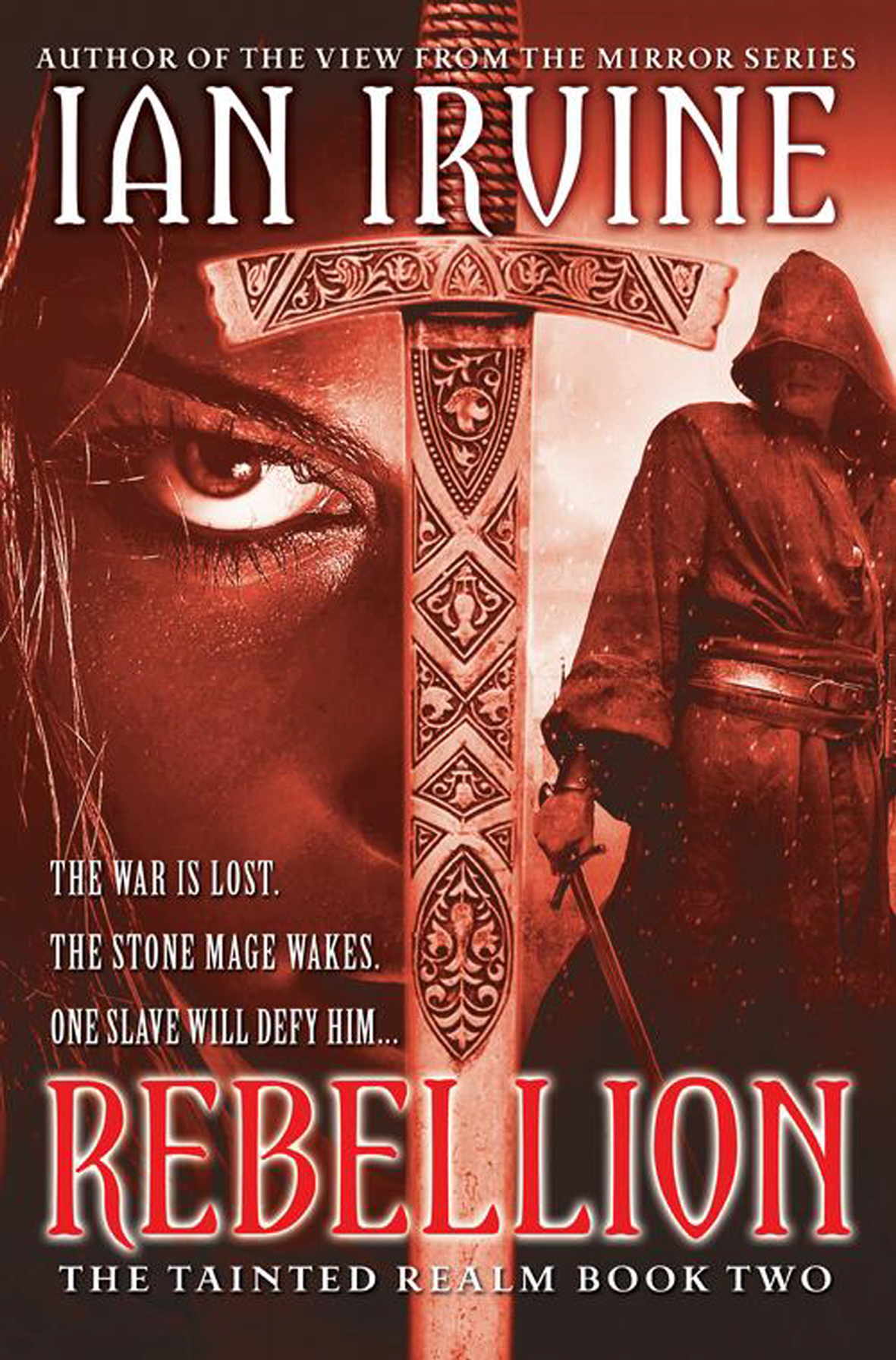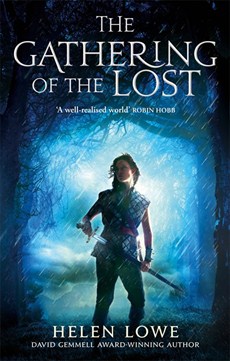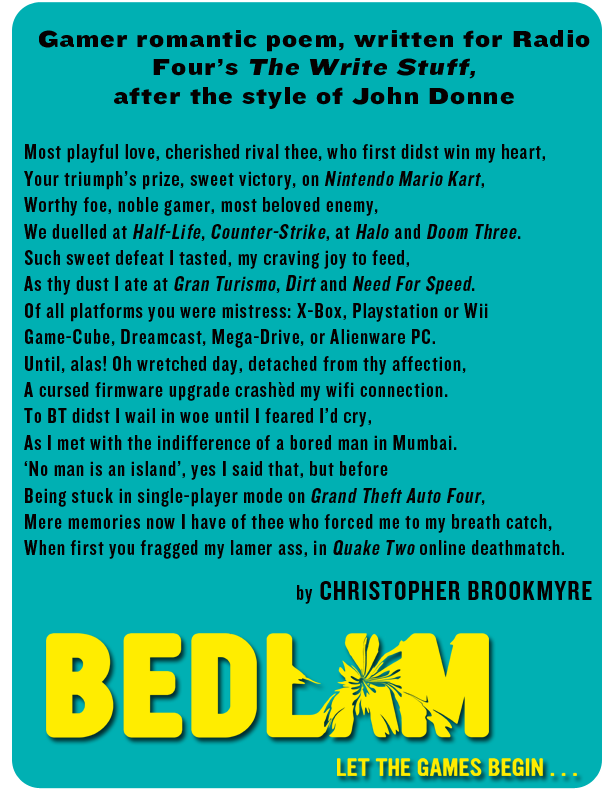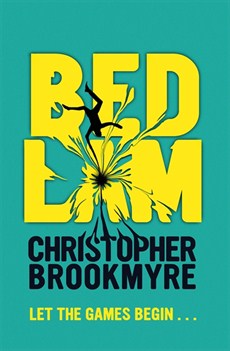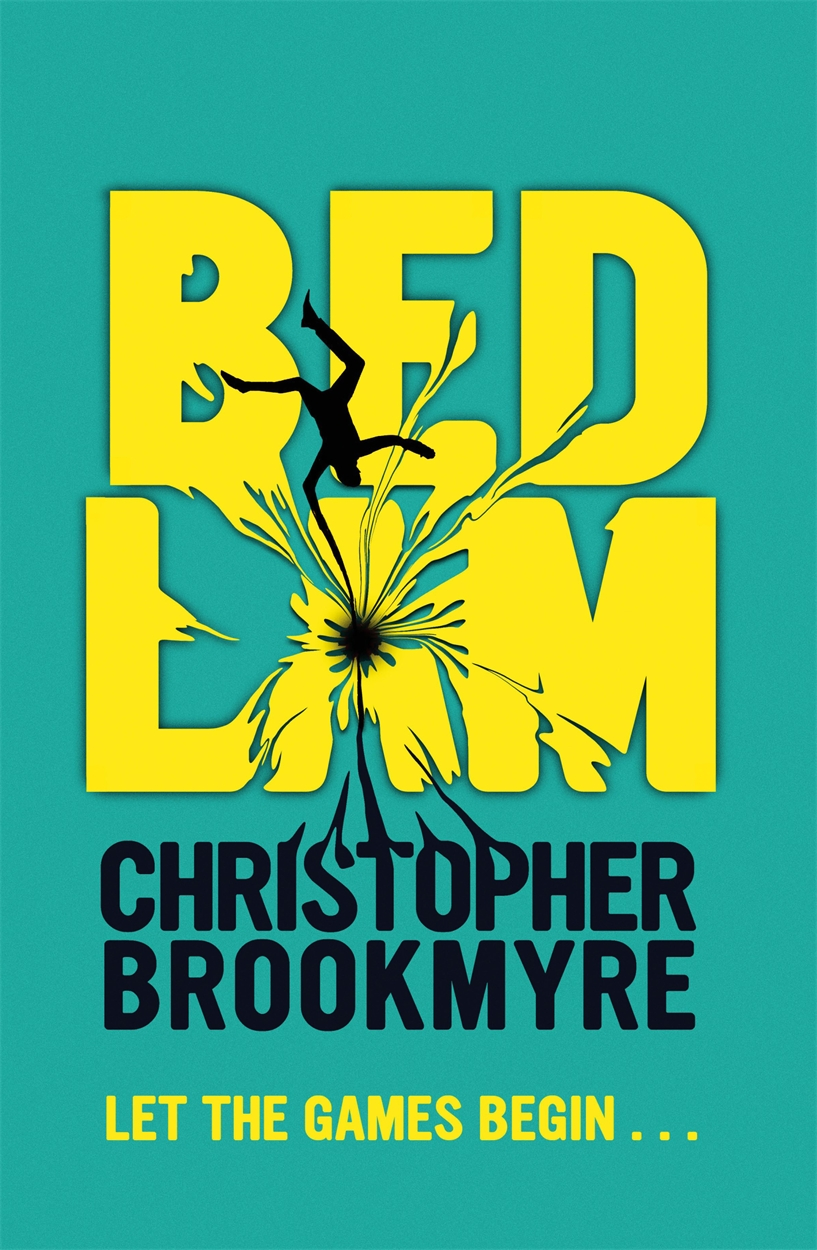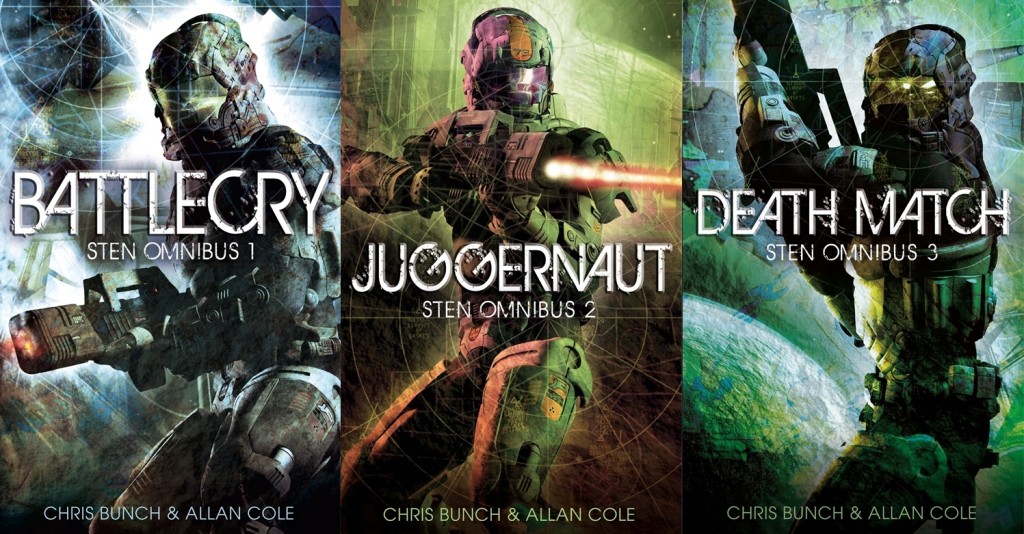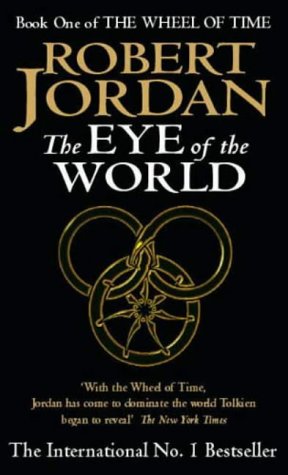Happy Birthday Arthur Conan Doyle!
With THE RED PLAGUE AFFAIR (UK|US|ANZ) released so close to the birthdate of Arthur Conan Doyle (that’s today!), and its two Victorian sleuths owing much to Sherlock Holmes (after all, which fictional detectives do not?) we asked the author, Lilith Saintcrow, to tell us a bit about Doyle’s influence on her work.
THE RED PLAGUE AFFAIR is the second of Bannon and Clare’s adventures and the follow up to THE IRON WYRM AFFAIR. Listen to the audiobooks here.
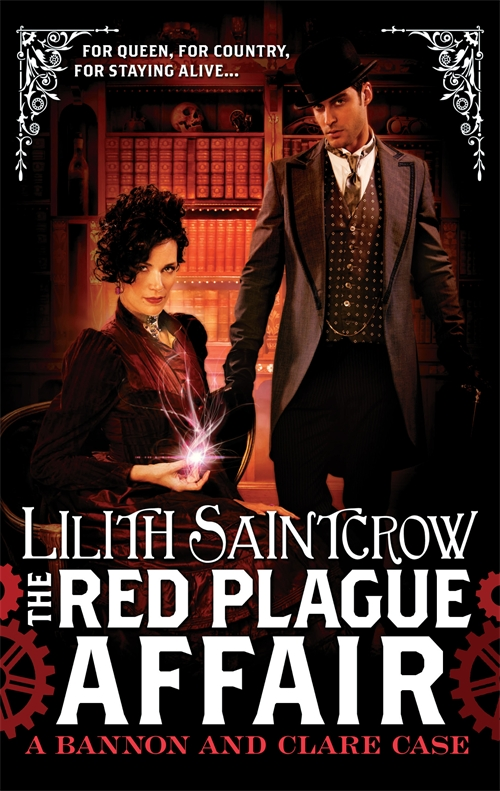
For a long time, I didn’t even know Sherlock Holmes existed. Instead, I loved another boy.
His name was Leroy “Encyclopedia” Brown.
I had two battered, ancient Encyclopedia Brown collections when I was a kid, probably from some garage sale or another. Most of the stories have receded into the mist that is my bad memory for everything before I was 20, but I remember a particular story where Leroy figured out an ambulance was the getaway vehicle because the stupid criminals put someone in it feet-first.
I was completely enchanted by the idea that a regular kid could, just by observation, change the course of events. This seemed a superpower anyone was capable of acquiring, with enough stubborn persistence and attention to detail. I mean, flight and superstrength are pretty badass, but I think most kids start suspecting neither are truly available outside their imaginations pretty early on.
I am not sure when I first began to suspect that my dear Leroy was an homage to someone else. It was probably at the point that Young Sherlock Holmes blazed into my consciousness, and I immediately marched into the library and started looking for “based on the stories of.”
Imagine my surprise upon meeting Holmes and Watson, two middle-aged men decidedly less attractive to the twelve-year-old girl I was. Arthur Conan Doyle’s prose style gave me a little difficulty, but much less than Shakespeare and only a little more than Louisa May Alcott. Plus, there were murders. Chases. A network of street kids bringing information. Cocaine. Music. Horses.
Irene Adler. (more…)

